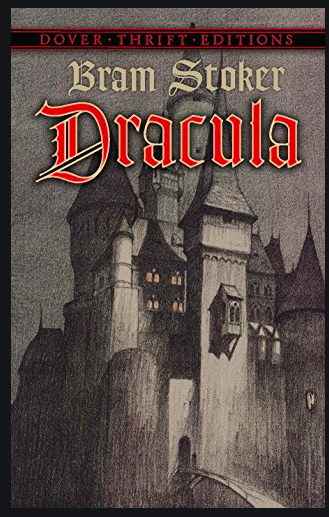From the moment I began reading Terrence Brown’s “Cultural Nationalism,” I immediately made connections to Dracula. Brown’s text dives deep into the historical implications of Ireland’s cultural nationalism. In search of independence, the country bolstered its distinct identity, especially through literary modes. The power of Irish literature served as a vessel for rebellion and liberation—and Irish culture thus took center stage.
While reading Dracula, one theme that constantly stood out to me was the division between east and west. Transylvania is associated with dark Gothic elements, almost as if the region exists as the abnormal “other,” as a place full of foreboding mystery. The story seems to warn readers about the types or irrationalities that could exist in places beyond traditional scope (such as Eastern Europe). The story often enhances pre-existing apprehension, giving license to common social fears surrounding the “unknown.” Especially in the beginning of the novel, I noticed a bit of a superiority complex in Harker as he first travels around the unfamiliar territory. He marvels at the oddities and comments on the strangeness. This genre in particular, I feel, makes room for explorations on repressed fears, classifications, and anxieties regarding outsiders.

To connect this back to Brown’s text, I wonder if promoting one identity comes at the expense of another. As I analyzed these two pieces this week, I picked up on the Irish importance of preserving its tradition and advancing its presence, and I learned about the experimentations and innovations in literature that stemmed from this time period. As the Irish struggled to gain independence and recognition, I realized that, in many ways, their culture, and their suppressed identity, can be seen as similar to Eastern Europe’s hardships. But on the other, I wonder if Harker’s culture identity, or even Stoker’s as he was writing the novel, created biases that can be seen in the text?

Hi! I really enjoyed reading about your connections between Dracula and “Cultural Nationalism.” As to your questioning if promoting one identity comes at the expense of another, in this case, I kind of agree. Both the west in Dracula and the Irish through cultural nationalism promote their own identity over their counterpart in such a way as to negate other.